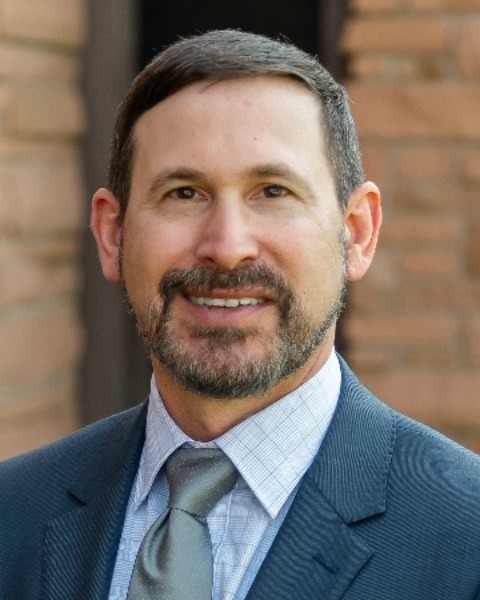Category: Genetics
Poster Session II
(526) Multidisciplinary Committee's Impact on Prenatal Whole Exome Sequencing Variant Interpretation
Our institution established the Fetal Precision Medicine Board (FPMB) to select cases for prenatal whole exome sequencing (pWES) and interpret results from pWES to impact management recommendations. Our objective is to describe the impact of the FPMB on variant classification/re-classification and fetal diagnosis following pWES.
Study Design:
The FPMB members include MFM specialists, medical geneticists, genetic counselors, neonatologists, bioethicists, and translational researchers. The FPMB meets weekly to discuss cases. Patients who undergo pWES are selected based on fetal phenotype and prior negative cytogenetic testing. Following completion of pWES, the committee reviews reported variants and reclassifies as indicated. Molecular laboratories are restricted by variant interpretation guidelines and limited clinical information to classify variants. The FPMB correlates information from online genomic and population databases, gene structure and function, patterns of inheritance, and fetal phenotype to achieve final variant classification.
Results:
From February 2021 through June 2022, 46 patients were eligible for WES. 32 patients had pWES completed, while 14 patients declined WES. The results in 31% (10/32) of cases were negative. In 69% (22/32 patients), there were 27 molecular variants reported. In 56% (15) of variants reported, there was a likely pathogenic/pathogenic (LP/P) classification and 44% (12) had a VUS. Of the 15 LP/P variants, 67% (10) were confirmed to be diagnostic by the committee, 27% (4) were unrelated to the fetal findings, and 6% (1) remained uncertain regarding impact on fetal phenotype. Of the 12 VUSs, 50% were reclassified; 5 were reclassified to LP/P and 1 reclassified as benign by the FPMB.
Conclusion:
A multidisciplinary approach to pWES interpretation resulted in a significant impact on results with half of VUS’s reclassified and a third of LP/P variants deemed noncontributory. This demonstrates the utility and paramount importance of a team-based approach with relevant expertise as advanced molecular sequencing techniques are integrated into prenatal care.

Kestutis Micke, MS (he/him/his)
Genetic Counselor
University of Colorado
Aurora, Colorado, United States- HE
Hannah Elfman, BS, MS
Genetic Counselor
University of Colorado
Aurora, Colorado, United States - RR
Regina Reynolds, MD
Neonatologist
University of Colorado
Aurora, Colorado, United States - LA
Larson Austin, MD
Medical Geneticist
University of Colorado
Aurora, Colorado, United States - MS
McCandless Shawn, MD
Medical Geneticist
University of Colorado
Aurora, Colorado, United States 
Michael V. Zaretsky, MD (he/him/his)
Associate Professor, Department of OB/GYN
Colorado Fetal Care Center
Aurora, Colorado, United States

.png)
